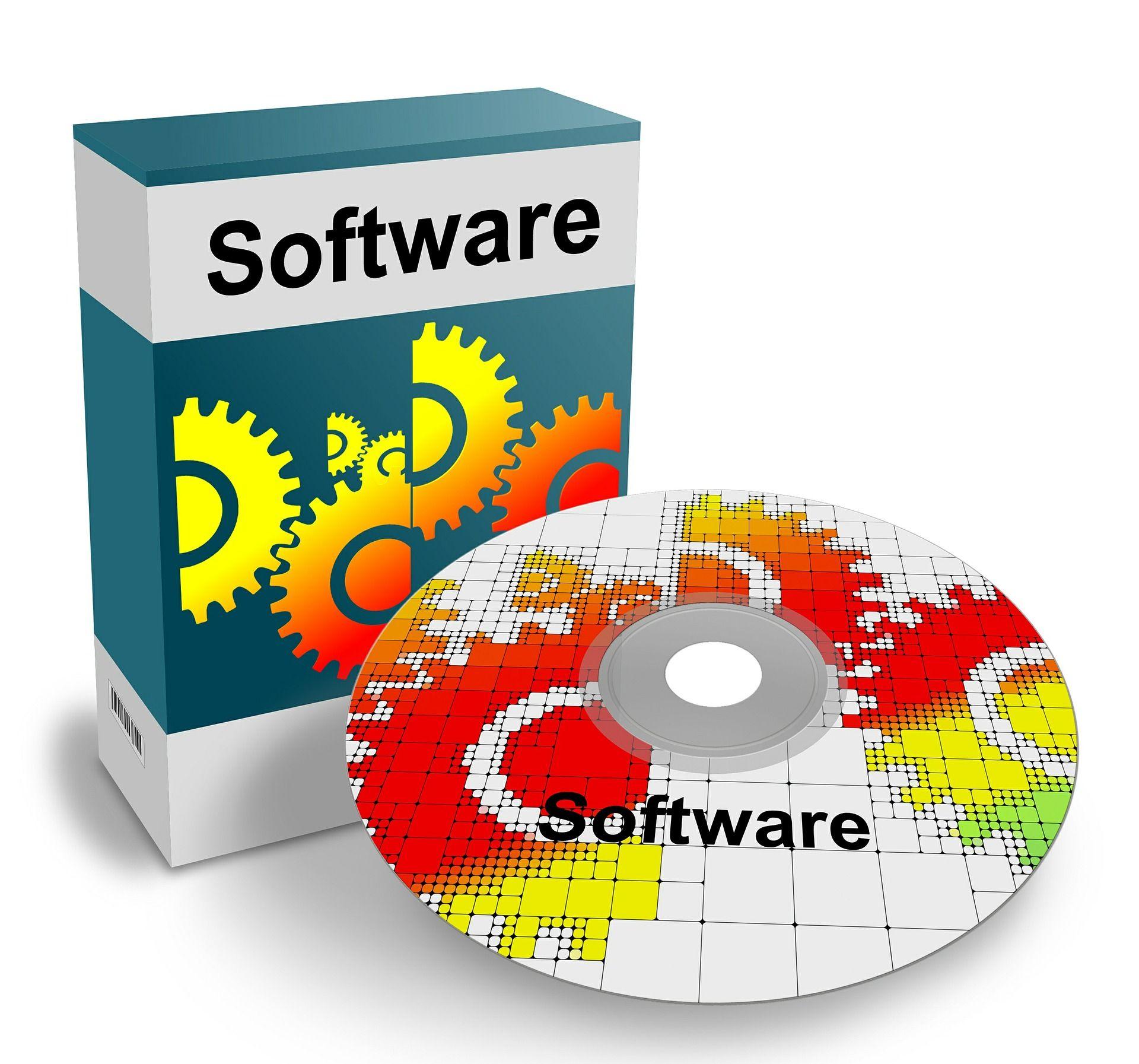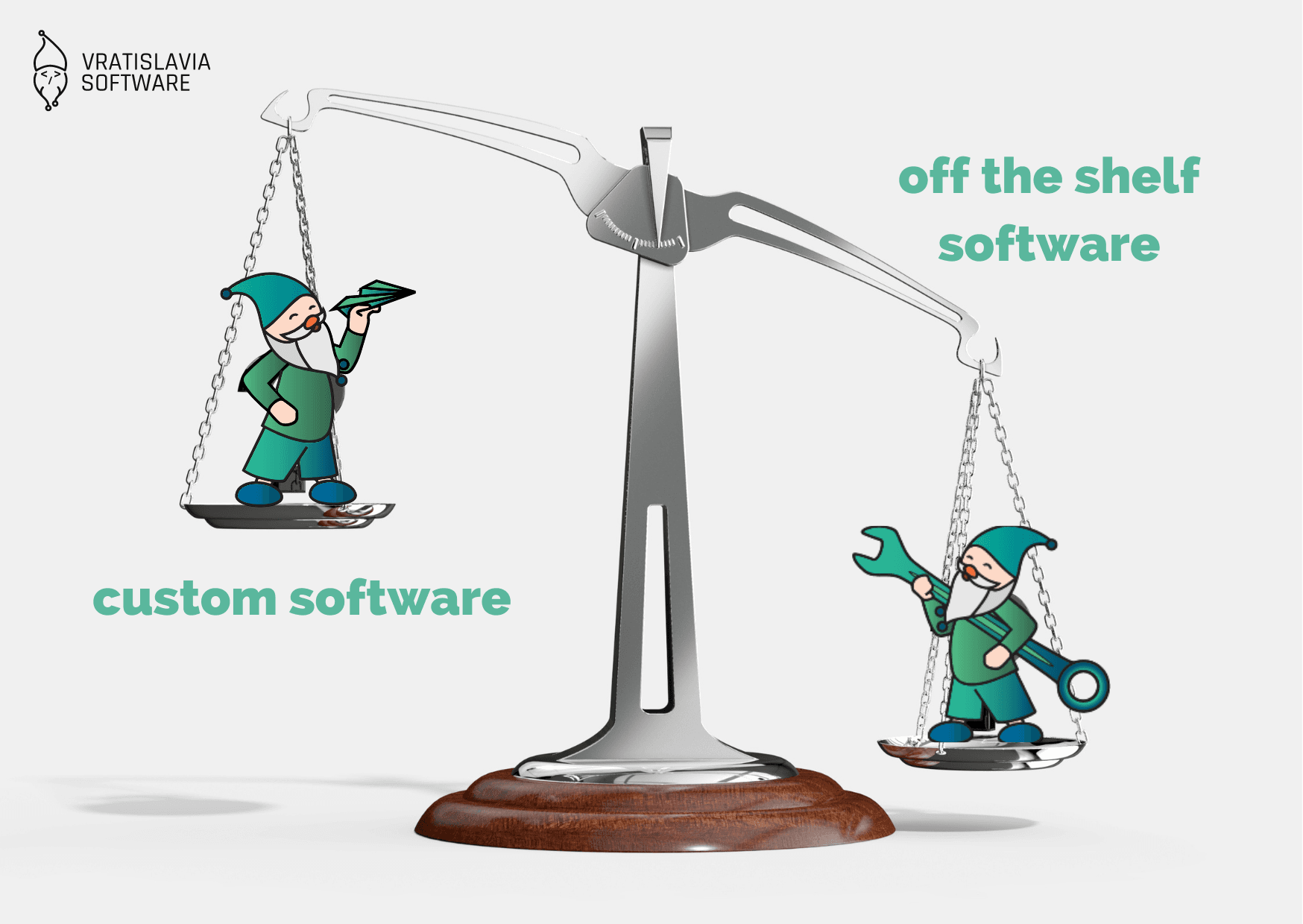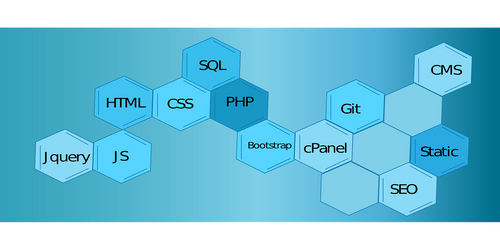Understanding Custom and Off-the-Shelf Solutions
There is a great deal of off-the-shelf IT programs available on the market, which makes selection of the right software for your business a challenge. While deploying new software in a B2B (business-to-business) environment, companies have to decide if they want to use a ready-made product or if the specific of their operations requires development of a tailor solutions. The choice of an appropriate software can significantly impact the success of an enterprise, however it is worth remembering that both the options have their advantages and disadvantages. This article will present differences between custom software development and off-the-shelf solutions to help businesses make a reasoned decision.
Definition of Custom Software Development
Custom software solution involves designing system from scratch, that is adjusted to specific business requirements. The foundation of the development process of such software includes requirements gathering and thorough analysis, and based on this information solution is designed and developed. Next, the software is tested and changes are applied based upon the feedback collected from the customer and the end-users. The last step software development process is deployment and further maintenance of the product.
The primary advantage of developing bespoke software is that it can be designed and built to meet the exact needs of a business, and through this providing a competitive advantage over commercial solutions. What is more, custom-made software can be easily integrated with existing systems, providing a seamless experience for users. Software developers will incorporate custom software solutions in your company and help you set it up with existing systems.
Nevertheless, custom software development is undoubtedly more costly option than ready solutions, as it requires a team of skilled software developers to build it. It also takes a significant amount of time to develop it. Additionally, ongoing maintenance and support may be required, adding to the overall cost.
What Is Off-the-Shelf Software Exactly?

Off-the-shelf products, also called commercial software, are packages that can be easily purchased and implemented in a business. These solutions are designed to meet the needs of the mass market, which means the companies that often operate in various industries. Such programs typically include a limited number of features and functionalities. The fundamental advantage of off-the-shelf solutions is that they are available offhand and can be implemented quickly, which can save businesses time and money. Additionally, off-the-shelf solutions also usually offer continuous support and maintenance, taking the weight of it off the user's shoulders. Since ready-made software solutions are intended to be used by a variety of businesses, which makes their options limited and the companies are compelled to work around them. Such inconvenience may impact business processes. Moreover, such software may not be integrated with the systems used by a particular business, which can create disarray.
Which businesses benefit the most from such approach?
The decision between custom software development and off-the-shelf products depends on a variety of factors, including the business's unique requirements, budget, and resources. While some businesses may benefit more from custom software development, others may find that off-the-shelf products are enough for their company to keep efficient business operations. Ultimately, businesses should carefully evaluate their options and choose the solution that best responds to their needs and helps them achieve their goals.
Weighing the pros and cons - custom vs off the shelf software

While both custom software and commercial products have their advantages and drawbacks, there are certain types of businesses that may benefit more from one option over the other. In general, businesses that have unique or complex requirements are likely to find more benefits of developing custom software. Likewise, enterprises that have simpler needs and a limited budget may be better suited for off-the-shelf products.
Businesses that benefit from custom software development:
Large Enterprises
Complex operations and unique requirements in large businesses make it difficult for off-the-shelf products to meet the requirements of such companies. Custom software development can provide a solution that is adapted to their specific needs, providing a competitive advantage and long-term cost savings.
Startups
Startups often have innovative ideas that require individual software solutions. Bespoke software can help startups to bring their ideas to life and get ahead of their competitors.
Businesses in Highly Regulated Industries
Businesses operating in healthcare, finance, and government often have strict compliance requirements that cannot be fulfilled by off-the-shelf products. Custom development involves precise adjustment to regulations in a particular area which can help businesses to meet requirements and improve their security measures.
Businesses that benefit from off-the-shelf products:
Small Businesses with Limited Budgets
Small enterprises often have limited budgets and cannot afford the high costs associated with custom software development. Off-the-shelf products can provide a cost-effective solution that meets their basic needs.
Businesses with Standard Processes
Businesses without unique industry-specific processes may find that off-the-shelf products are enough to meet their requirements. For example, businesses that require basic accounting or HR software may not need a custom solution.
Businesses with Limited IT Resources
Companies that do not have an in-house IT team may find that off-the-shelf products are easier to implement and maintain. These products often come with support and training, which can be helpful for businesses without an IT department.
Business goals and requirements
One of the factors you need to consider is the company's business goals and requirements specific for the industry it operates in. Custom software is a good choice when you have specific business needs that cannot be met by commercial products. It can be tailored to your specific requirements and can help you achieve your objectives more effectively. On the other hand, if your business needs are relatively simple and can be met by an off-the-shelf product, then it may be a more cost-effective option.
Project budget, its scope and costs

Custom software development can be expensive, therefore estimating a project budget will help you decide if custom software is within your reach. If your project budget is limited, a ready product will be a reasonable choice. However, if your budget allows you to develop custom software, it will provide significant long-term benefits that may justify the investment.
The price of software development is typically based upon the complexity and scope of work that needs to be done. Custom software usually requires a significant investment in time and resources, including software developers, project managers, and quality assurance personnel. On the contrary, off-the-shelf software typically has lower upfront costs and can be implemented quickly.
Time constraints and urgency
Ready-made solutions are the best choice if you need to have software right away. If you are short of time, you might make use of the program available on the market and slowly but surely work towards the development of customized software solutions.
Ease of use and required training

Custom software is designed to fulfill all your requirements; therefore, software developers can design the program in such a way that it is intuitive and user-friendly. The complexity of such solution makes it harder to navigate; however, software houses normally offer training which allows users to take full advantage of the solution.
Off-the-shelf software solutions are designed with user experience in mind and can be relatively easy to navigate and use. Moreover, training materials, which explain how to use a particular program, are available online and help users make the most of the software.
Flexibility and scalability for future development
It is unarguable that custom solutions give unlimited options of modernization, advancement and further development of software or an application. At the same time, commercial software provides basic features and is modernized by the vendor based on feedback gathered from customers working in various industries. Although custom software is a more expensive solution, it gives you the opportunity to develop your software together with the growth of your business.
Security concerns and privacy
There are concerns that off-the-shelf software can pose privacy concerns, as it may collect and share data with third-party companies. This can be particularly problematic for organizations that handle sensitive data or have strict data privacy regulations to comply with. Custom software is developed specifically for a particular business or organization and can be designed with security and privacy in mind from the outset. This means that custom software can be designed to be more resistant to attacks and with the use of data leakage protection systems.
Availability of functionalities, extensions and third-party tools

The main purpose of custom software is to be built to include specific functionalities and features that are unique to an organization's needs. This is the biggest asset of such a system, as it allows organizations to tailor the software to their specific business processes and requirements. Additionally, custom software can be developed to include extensions and third-party tools that may not be available with off-the-shelf software. Off-the-shelf software often includes a wide range of pre-built functionalities and features that can be used out of the box and allow organizations to quickly implement the software and start using the product. Additionally, such software often has a large ecosystem of extensions and third-party tools, which, however, may not include all of the specific functionalities and features that an organization requires. Moreover, there is a possibility that using third-party tools and extensions may involve purchasing additional licenses or may cause integration issues.
Compatibility and integrations with other systems
The main purpose of the custom software is to be designed in such a way that it can be seamlessly integrated with other systems and technologies that an organization may be using. This can be beneficial, as it can improve workflow efficiencies and reduce data entry errors. Additionally, custom software can be designed to work with specific hardware or software configurations, which can be important for certain industries or applications. Off-the-shelf software is often designed to be compatible with a wide range of the most popular systems and technologies. Thanks to this, organizations can easily integrate the software with their existing infrastructure without the need for specialized knowledge or expertise. However, there may be instances where such software does not integrate well with an organization's existing systems and technologies. This can be frustrating and may require additional customization or development work to achieve the desired level of compatibility.
Community support and maintenance

As custom software is developed for a particular client, there is no community support. Nevertheless, software developers provide continuous assistance and help customers deal with setbacks they might encounter using the program. Moreover, the software undergoes necessary maintenance and is updated on a regular basis.
Off-the-shelf software providers offer ongoing maintenance and support as part of their product offering. This can be beneficial, as organizations can rely on the vendor's expertise to quickly address any issues that arise. Moreover, popular software has large communities, which support each other, offer help and for groups on social media where they exchange their experience.
Competitiveness and tech trends
While commercial products keep up with the latest technology trends, it is more complicated to maintain custom software as innovative. Implementing new features and functionalities to custom-made software takes longer time and more resources.
Finding the Right Software Solution for Your Business Needs

Finding the right software solution for your business is one of the most important tasks if you want your company to function properly. However, such a decision may not be easy, therefore there are several aspects you need to consider narrowing down your search and finding a software solution that meets your business requirements. Identify and State Your Requirements
Before you start looking for software solutions, you need to identify your business needs. What specific problems do you need to solve? What processes do you want to automate? By answering these questions, you can narrow down your search to software solutions that are relevant to your business. What is more, consider planning Minimum Viable Product of your project.
Research
Once you have identified your needs, start exploring potential software solutions. Check reviews, ratings, and testimonials from other businesses in your industry. Consider the features, pricing, and customer support offered by each solution.
Scalability
Scalability is one of the most essential things to consider. As your business grows, your software needs may change, and you will want a solution that can evolve with your changing requirements.
Look for Integration
If your business already uses other computer software, it is essential to look for a solution that can integrate with your existing systems. This can help optimize your operations and reduce the time and effort required to manage multiple systems.
Evaluate Support
In the end, it is crucial to evaluate the support offered by the software provider. Look for providers that offer excellent customer service, including phone support, chat support, and email support. Additionally, consider providers that offer training and resources to help you get the most out of your software.
Importance of software in B2B companies
![]()
In B2B companies, software plays a vital role in streamlining processes, improving efficiency, and enhancing productivity. By automating repetitive tasks, software can save businesses time and money, allowing them to focus on more critical aspects of their operations. Additionally, software can provide valuable insights and analytics that can help businesses make data-driven decisions and optimize their performance.
One of the most significant advantages of software in B2B companies is its ability to improve customer experience. With the right software solution, businesses can provide their customers with personalized experiences, seamless communication, and quick responses to their needs. This, in turn, can help build customer loyalty and increase customer satisfaction, leading to higher retention rates and increased revenue.
Connect your goals and needs with your budget plan
Once you have got your objectives identified and budget estimated, it is advisable to compare them and assess feasibility. While planning your budget consider both short-term and long-term costs and benefits. For example, investing in high-quality resources or equipment may have a higher upfront cost, but may ultimately result in greater long-term cost savings or efficiencies. What is more, you will need to prioritize your goals, based on their importance, which will help you develop the budget which will support them.
Identify the risks and challenges associated with each option

Whether you choose custom software or off-the-shelf product to be used in your company, both of these options come with their own risks and challenges. It is important to conduct thorough research so that you avoid disappointment with your choice. Here are the downsides of both alternatives.
Risks and Challenges of Custom Software:
- High Cost: Cost is one of the biggest custom software disadvantages. Such a solution tends to be expensive, with costs varying based on the complexity of the software and the scope of the project.
- Longer Development Time: Software development can take longer than buying and implementing off-the-shelf solutions. This is because the software is developed from scratch and requires extensive testing and quality assurance.
- Increased Risk: Custom software development carries a higher risk of failure due to its complexity, the need for extensive testing, and the possibility of errors in development.
- Maintenance: Such software requires regular maintenance and updates to ensure that it remains functional and secure. This can be a time-consuming and costly process.
- Requires Support: Custom software solutions require ongoing support, even after the development process is finished. It will certainly generate extra expenses for your company.
Risks and Challenges of Off-the-Shelf Products:
- Limited Customization: Commercial products are designed to meet the needs of a broad range of users and may not offer the level of customization required by your business.
- Compatibility Issues: Ready-made software may not be compatible with other software or hardware used by your business, leading to integration issues.
- Potential for Vendor Lock-In: Unlike custom software, specific design of off-the-shelf solutions may lock users into a particular vendor, making it difficult to switch to a different product in the future.
- Limited Features: They may not have all the features required by your business, which can lead to inefficiencies and a need for additional solutions.
- Security Risks: Security vulnerabilities may be of great importance, especially if they are widely used and targeted by hackers.
Conclusion
Choosing between custom software and off-the-shelf products requires careful consideration of the benefits and drawbacks associated with each option. While custom software may offer more personalization and control, it comes with a higher cost. Off-the-shelf products may be less expensive and require less development time, but they may not meet all the needs of your business and could lead to compatibility or security issues. Ultimately, you should base your decision on your business needs, budget, and long-term goals. If you are still on the fence, trying to decide which solution will be the best for you, schedule a free consultation with Vratislavia Software representative. We will lay down all your options, and as providers of custom software development services, we will help you make a decision if this solution is right for your enterprise.
Get answers to your questions and discover how Vratislavia Software can help you transform your business with modern solutions.



